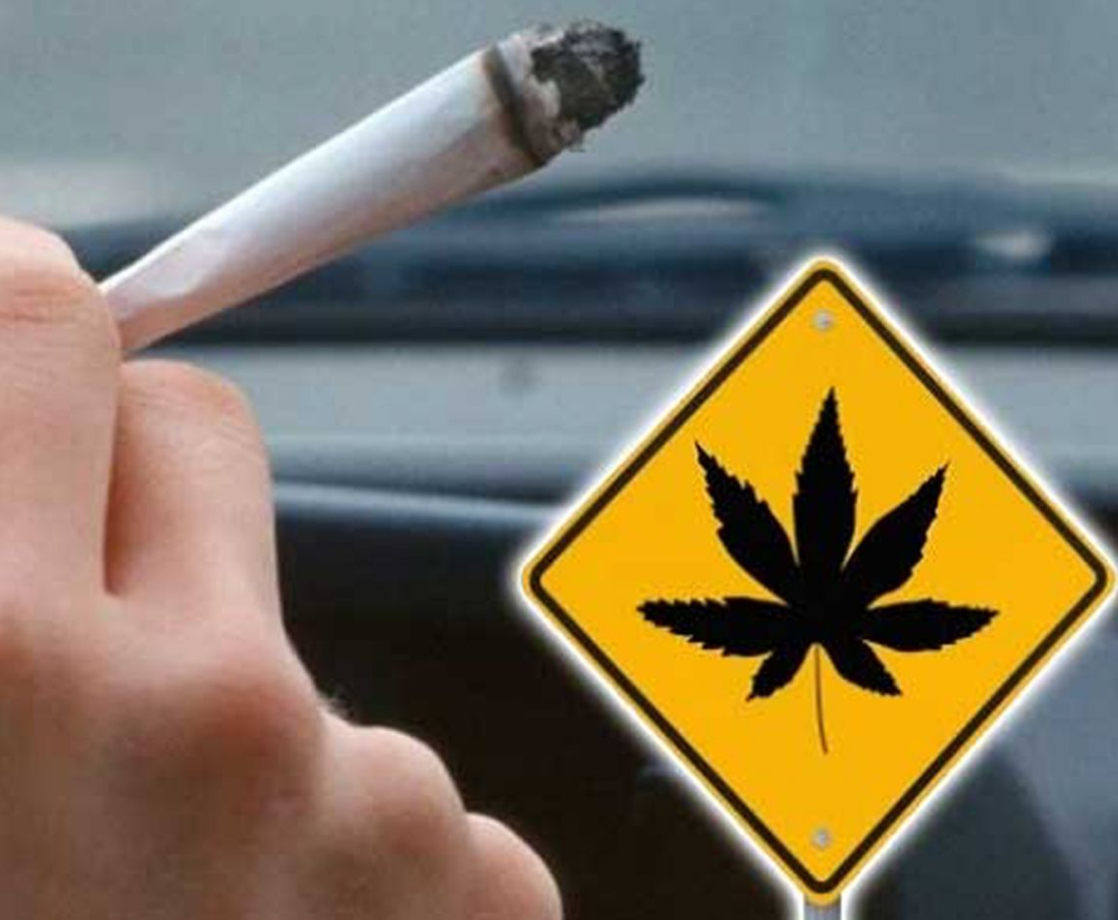A new Canadian study on cannabis-impaired driving is casting doubts on the validity of zero-tolerance cannabis laws and workplace policies.
Researchers from the Toronto-based Centre for Addiction and Mental Health asked test subjects to smoke as much weed as they chose and then get behind the wheel of a driving simulator. A control group also performed the driving test while stone-cold sober. Researchers measured each group’s performance on the driving test, while also measuring the THC blood levels of the cannabis users using a standard drug test.
In the test, subjects drove on a simulated rural highway with a 50mph speed limit and were required to solve a few simple driving problems, like passing a slow-moving vehicle. Immediately after getting high, pot users showed signs of impairment, like driving too slowly or struggling to keep the car centered in the lane. The cannabis group were then asked to repeat the testing procedure when sober, 24 and 48 hours after smoking pot. During these follow-up tests, the cannabis users showed no signs of impairment whatsoever.
“We found significant evidence of difference in driver behavior, heart rate, and self-reported drug effects 30 minutes after smoking cannabis, but… we found little evidence to support residual effects,” the authors wrote, according to Global News.
Immediately after smoking weed, subjects were found to have THC blood levels ranging from 0 to 42 nanograms of THC per milliliter, since subjects were allowed to choose how much weed they smoked. But during the follow-up tests one and two days later, the subjects’ THC blood levels were about as high, even though the subjects were sober and able to drive without impairment.
Many Canadian provinces have passed zero-tolerance driving laws that prohibit drivers from having any trace of THC in their system. If you fail a THC blood test while driving in Ontario, the province can fine you $250, suspend your license for three days, and then make you pay $281 to get your license back. In Saskatchewan, the penalty is even more extreme — any new driver that is caught with any amount of THC in their system will face a 60-day license suspension, a 3-day vehicle seizure, and four points on their license.
Scott Macdonald, study author and retired University of Victoria professor, said that his study shows that these zero-tolerance laws are “not scientific.” The results of the study indicate that an individual who tests positive for THC may in fact be completely sober and able to operate their vehicle without any safety risk.
“The biological tests are not useful for identifying people that represent a safety risk,” said Macdonald to Global News. “What we’re left with is behavioral symptoms. We’re still working on developing tests to assess whether an individual who consumes cannabis is a safety risk. It’s hard to do.”
Canadian law enforcement are already aware of these concerns, and are working to test new roadside devices that can determine immediate levels of cannabis intoxication. The most popular of these devices is a saliva test which can determine the immediate presence of cannabis, but another innovative new test uses a virtual reality headset to detect the influence of marijuana on a driver’s peripheral vision.











